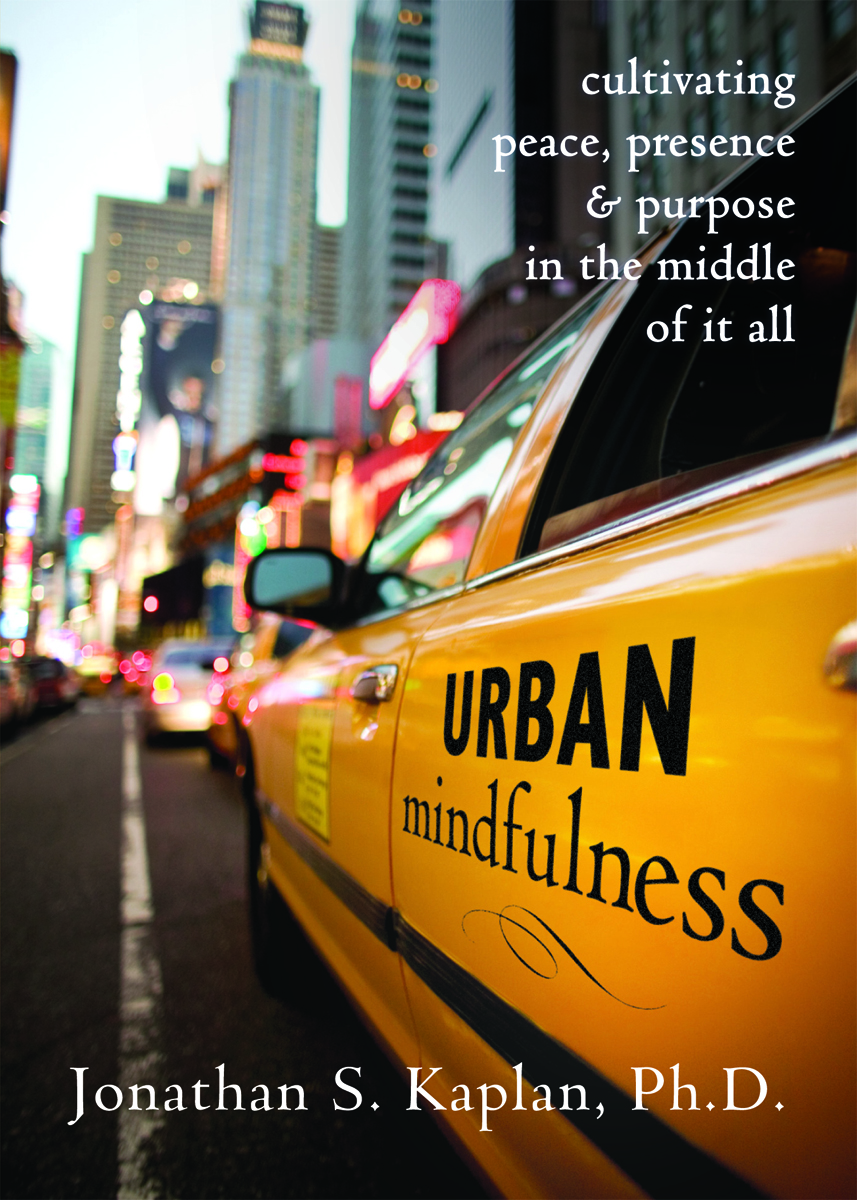Thursday
Jan222009
Hope for Change (or vice versa)
 Thursday, January 22, 2009 at 12:35PM
Thursday, January 22, 2009 at 12:35PM  By Jonathan Kaplan, Ph.D.
By Jonathan Kaplan, Ph.D.In the wake of the historic inauguration of Barack Obama as our first Black President, it seems a little trite to write about how to meditate on the subway today. Pres. Obama has succeeded in inspiring hope and confidence in millions of people across the globe. Acknowledging the difficult road before us as a nation, he instills a sense of confidence that we can successfully overcome our challenges. Indeed, he was elected based significantly on his ability to inspire Americans in his (and our) ability to bring about change.
While listening to his speeches, I often found myself thinking some cynical version of "We'll see about that." Perhaps I've been disappointed by too many of our political leaders in the past? Or perhaps I am defensively preparing myself for inevitable failures, compromises, and partial successes? Regardless, I resist being hopeful. It's a variation of the classic pessimist's argument: if I don't get my hopes up, then I'm not disappointed when things don't work out. Why risk falling when you can just hang out on the ground?
From a mindfulness perspective, both pessimism and optimism are states of mind introduced into the present moment, but neither accurately describes what is happening now. They represent our expectations or predictions for what will happen in the future, which has yet to occur. In a way, they are both wrong. We don't know what's really going to happen (on Monday, did anyone predict that Caroline Kennedy would withdraw from consideration for the NY Senate seat vacated by Hillary Clinton?). And, whether we embrace optimism or pessimism, it says more about our personal past than what the future holds.
Despite their inherent inaccuracy, these attitudes profoundly influence our experience in the present. If I am pessimistic, then I will give voice to the naysayer within and feel jaded. If I am optimistic, then I feel happy and hopeful. Psychological research has consistently demonstrated the inter-relationship between our thoughts, emotions, and behaviors. If I think that Pres. Obama will fail, then I will feel sad and give voice to the critic within. If I feel happy, then I am prone to think that he will succeed and I might even check-out his weekly Presidential Address on YouTube.
So, what to do? Do I remain pessimistic and cynical in the present in order to prepare myself for some future disappointment? Or do I cultivate optimism and become inspired for future success?
I think it's time for me to give in to hope.


